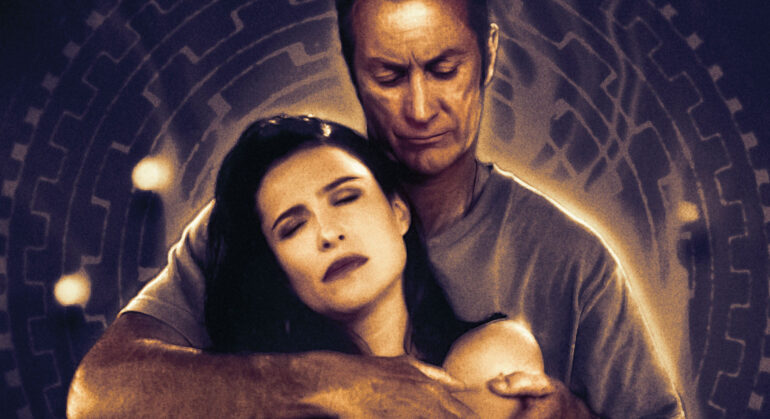Many have been inspired by the relationships in romantic movies and dream of such passionate and fulfilling love, but some of the best-known and most-loved onscreen couples demonstrate hallmark examples of toxic behavior. Aggression and a desire to dominate are often concealed behind the thin veneer of care and concern, and innocuous quarrels disguise the wish to assert oneself at the partner’s expense.
Some of the most beloved onscreen couples were toxic
The relationship between John and Jane from Mr. and Mrs. Smith was built on lies from both sides. They were happy at first but became trapped in a marriage they both found unfulfilling and even suffocating, which is probably what happened to Brangelina, too.
Rachel and Ross from Friends were one of the most beloved couples in the history of TV shows, but Ross was actually a lousy partner. He would always put other people in the relationship and used other women to try to get over Rachel. He was a controlling, lying, and manipulative boyfriend. He refused to divorce her after their “accidental” wedding in Vegas, despite her request and generally acted like he owned her, which is anything but romantic.
The story of Jack and Rose from Titanic has been melting hearts for two and a half decades, but it wasn’t realistic. Just over 48 hours passed between the time he stopped her from jumping off the ship and his death from freezing in the ocean. It would seem they were in lust and not in love, as true love takes time and requires compatibility, which is doubtful Jack and Rose did as they didn’t have much in common. Their differences would have caused major problems had Jack survived.
Ultimately, it’s a glorified affair, as Rose cheated on her boyfriend with a stowaway guy. In its defense, Titanic is far from the only movie to have glorified an affair. Someone feels stifled in their relationship and cheats, sometimes with someone who also feels stifled, and they find true love. In that context, dating married men is completely validated.
How likely are people to repeat onscreen behavior in real life?
There is no straightforward answer. According to 2024 research, people who watch more Hallmark movies are more likely to think relationships are either meant to be or not and believe in such concepts in general. Hallmark delivers every time; you have beautiful people, romance, love, and resolution in 90 to 120 minutes. The concept aligns with “cultivation theory,” which argues that what you see is what you end up believing in.
Films cultivate beliefs over time. The more they provide the same information and the more we watch them, the likelier we are to internalize what we see. Alternatively, Hallmark movies attract people who believe in such concepts. The causal relationship is unclear, but there is definitely a connection.
How common is toxic behavior?
Research reveals that a significant number of US adults experience stress and other adverse effects from toxic interpersonal dynamics. The rates vary by age in intimate partnerships. According to data from the CDC, about 1 in 12 teens experience sexual or physical dating violence. If one is to factor in psychological abuse, the rate is much higher.
Research from the National Institutes of Health found that 68% of respondents were on the receiving end of at least one instance of controlling behavior. Another survey showed that close to 85% of young women believed controlling behavior was common among peers in relationships, though most did not report having experienced it personally.
There is a strong correlation between controlling behavior and physical and sexual violence. According to data from the Youth Endowment Fund, almost half (49%) of teens in relationships experienced controlling or violent behavior in some form.
Recognize it before it’s too late
- Manipulation: someone is trying to convince you to do something you don’t feel comfortable doing.
- Intensity: Their behavior is over-the-top, or they express very extreme feelings, and it feels overwhelming.
- Jealousy: To the point where they try to control what you do, who you spend time with, etc.

